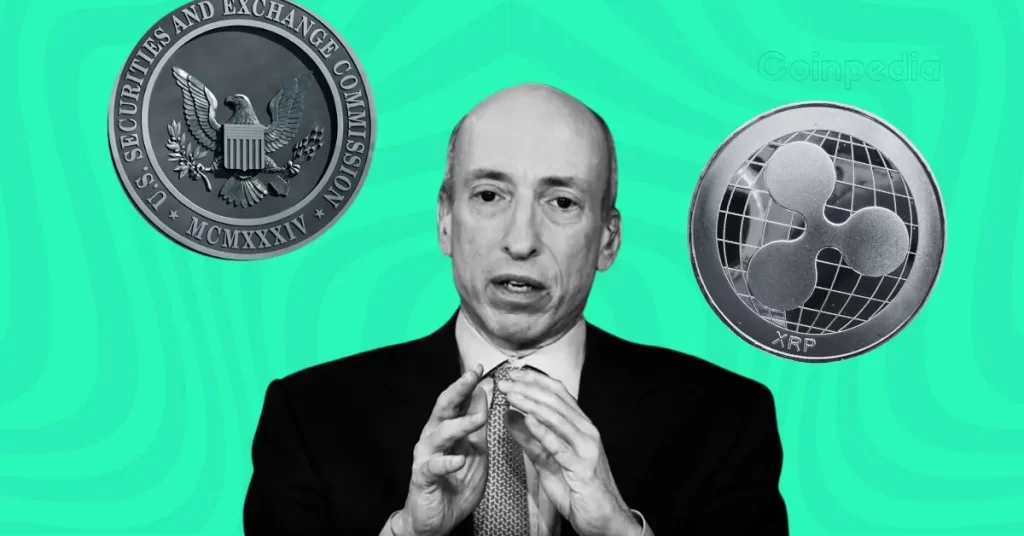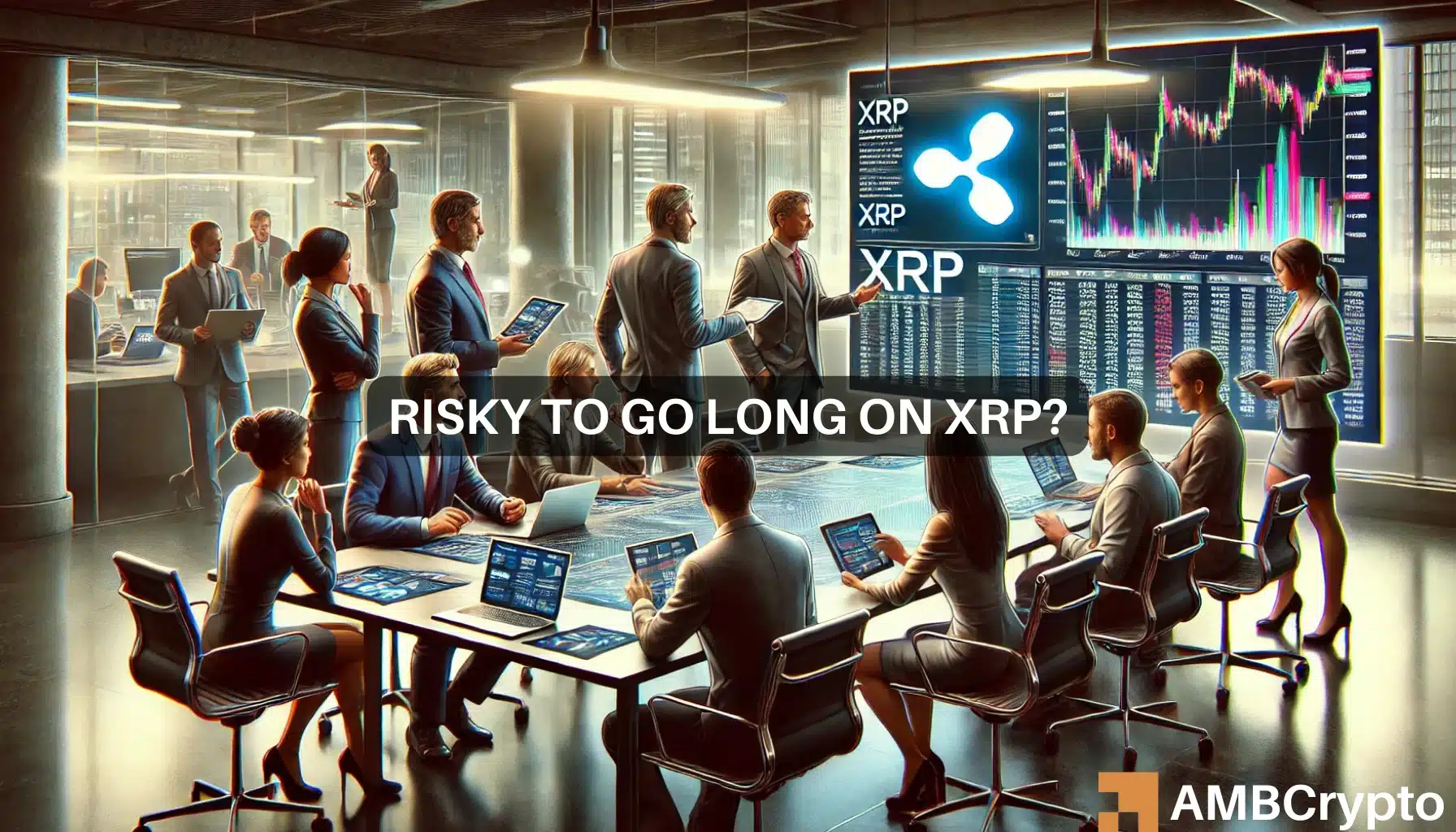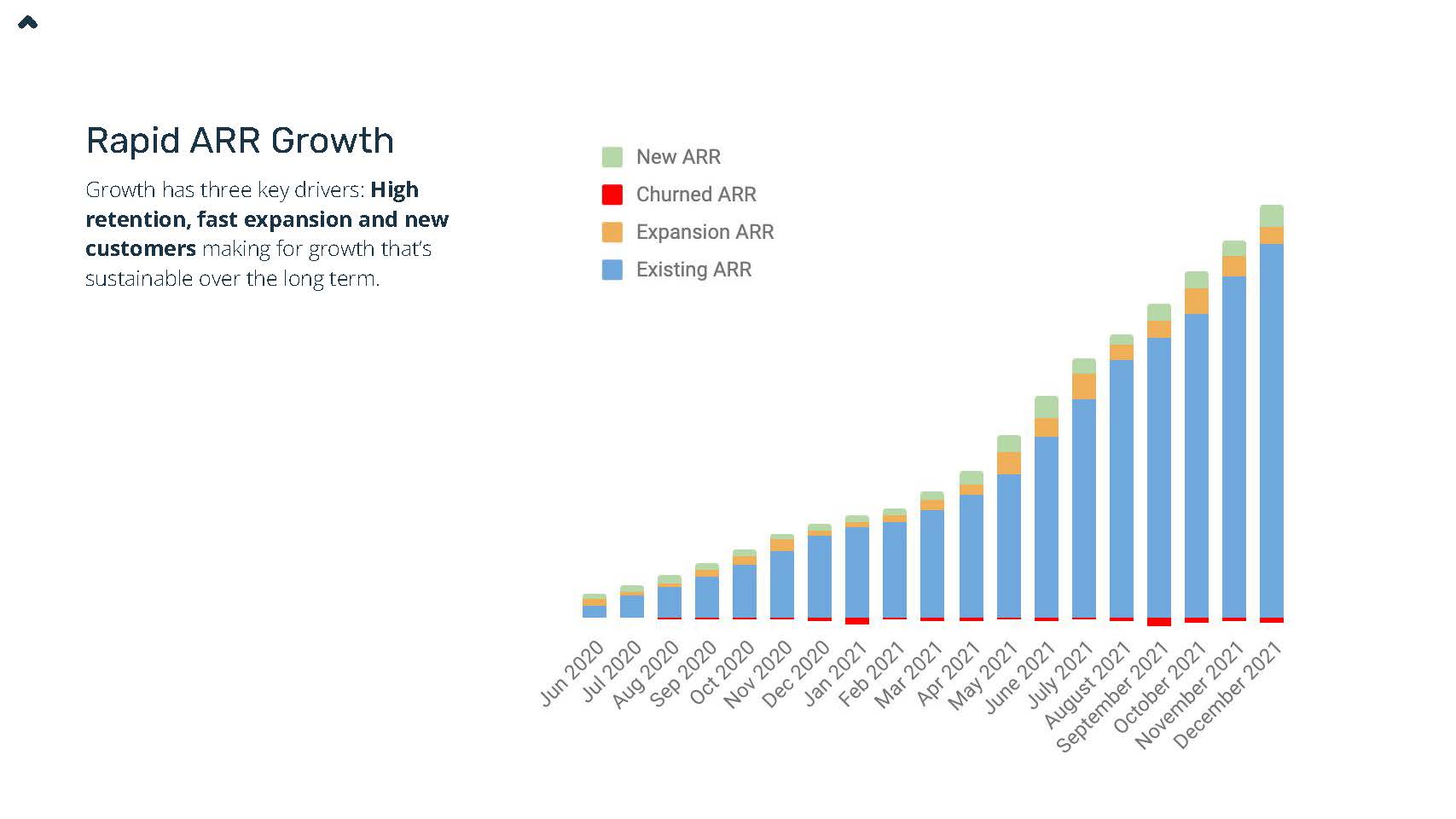
The post The Ultimate Showdown: XRP Vs. SEC’s Legal Battle Reduced to a Defining 15 Minutes appeared first on Coinpedia Fintech News
In the ongoing legal battle between Ripple and the SEC, attorney Fred Rispoli outlines the appeals process, which involves two main appeals: the SEC’s appeal and Ripple’s cross-appeal. This article breaks down what these appeals mean and what to expect in the coming months.
On The Good Morning Crypto Show, Rispoli explains that there are two distinct appeals involved in this case. The first is the SEC’s appeal, while the second is Ripple’s cross-appeal, named as such because Ripple filed it after the SEC. Each side will present their arguments in a structured manner.
Oral Arguments in Court
The appeals process typically consists of several steps. It begins with the appealing party submitting their opening arguments, followed by the opposing party responding with their opposition brief. After that, the original appealing party has a chance to reply. This structure is similar to motions made in trial courts, where you have a motion, opposition, and a response.
Once the briefs are submitted, oral arguments will take place. During these arguments, a panel of three judges will hear the case. Each side has only 15 minutes to present their arguments, and the session will be broadcasted, allowing the public to watch. While the written arguments are key, the judges’ questions during this brief session will also provide critical insights.
Timeline and Expectations
The nature of the judges’ questions can offer clues about their leanings. If the judges press Ripple hard with tough questions, it may indicate a lack of favor for their case. However, if they focus more on the SEC with critical questions, that might suggest a positive outlook for Ripple.
Rispoli said that while the oral arguments and brief submissions may seem quick, the overall timeline for the case could extend for a year and a half. This lengthy process is typical in the legal system, where even a short hearing can lead to extended deliberation.

 3 weeks ago
16
3 weeks ago
16














 English (US) ·
English (US) ·